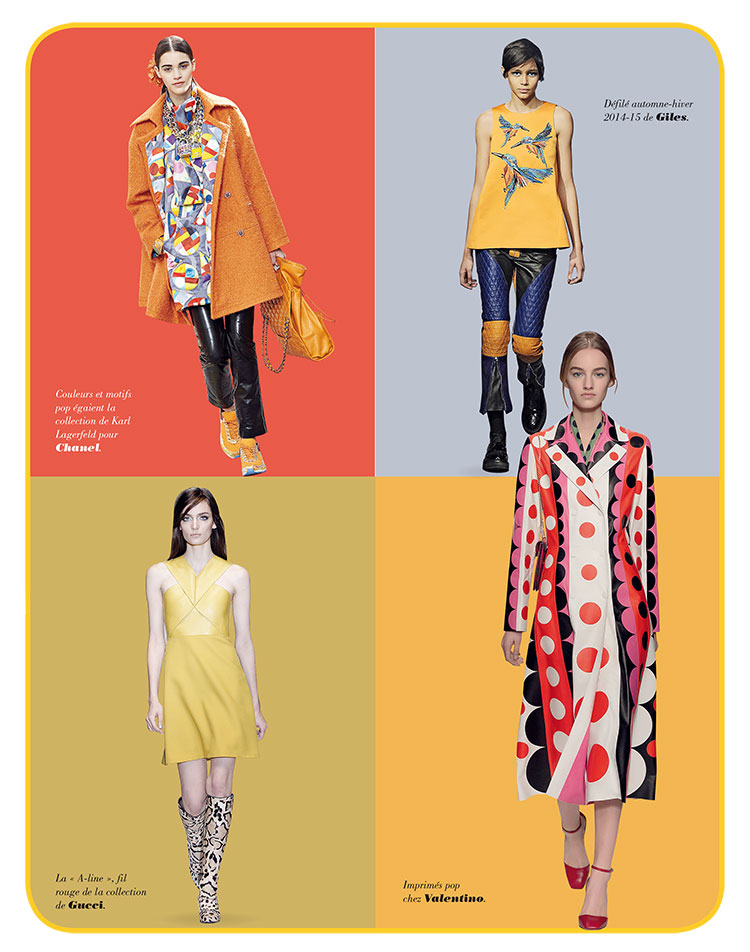
Anaïs Dautais Warmel, fondatrice de la marque engagée Les Récupérables.
Fashion collections these days are acknowledging the damage done to the environment by the garment industry. British designer Stella McCartney was already setting an example in the 2000s with ready-to-wear made from eco-friendly materials and accessories in vegetable leather. Others followed suit: Veja in 2005 with ethical sneakers, Levi’s® with eco-responsible jeans (made from cottonized rain-fed hemp), and many more. In Marseille, Atelier Bartavelle, Le Stockholmsyndrome and Anaïs J Créations have gone for slow fashion. Overproduction and the use of ecologically harmful chemicals make fashion the second most polluting industry after oil. We buy too many clothes made of the wrong materials, creating waste and the problem of recycling it all. But some brands and designers are taking action and finding eco-friendly solutions with existing materials.

Pull en maille 100 % biodégradable Giannotti Monaco.

La Maison Longchamp s’ancre dans l’air du temps avec Green District, une ligne de sacs responsables à base de fibre de nylon régénéré.
RECYCLING: TRANSFORMING AND CREATING
Transforming, adapting and re-using materials ad infinitum instead of discarding them. Alexis Giannotti in Monaco makes knitwear from coffee ground fibre, turning a waste material into a luxuriously soft yarn. Now he’s planning for a line of accessories in coffee fibre. Longchamp’s Green District bags are made from econyl®, a nylon fibre made from waste plastic, paired with quality leather. This spring, Carel will have a new line of 100% recycled plastic tote bags. Rombaut has partnered up with Melissa to offer a limited edition of footwear made entirely from used nylon waste (available in March, from rombaut.com). Faguo offers a whole wardrobe of eco-responsible clothing and has just launched a sneaker with a sole made from tennis balls recovered from tennis clubs. Delcasso, based in Nice, recycles offcuts of the striped awning canvas to make bags and accessories. The brand recently opened a shop-in-shop at Galeries Lafayette in Cap 3000, under the shop’s Go For Good label.

Emma François, créatrice de la marque Sessùn. © Mélanie Elbaz
DOWNCYCLING: CUTTING DOWN ON WASTE
Recovering discarded ‘end-of-life’materials to make new objects or garments. Sessùn (designer Emma François) launched its Recollection project in 2020 to collect “old” jeans and re-use them in a capsule collection. Another French company collects wool, spins it into new yarn and knits limited-edition woollies. Sézane, a B-Corp-certified brand, makes three-quarters of its ready-to-wear from organic cotton, recycled or certified materials or vegetable-tanned leather. It collects old jeans for recycling.

Jocelyn Delcasso crée des accessoires (cabas, sac à dos, porte-cartes…) à partir de chutes de toiles de store. © Baris Demiray

























 Côteweb 2021, création de site Internet sur Nice
Côteweb 2021, création de site Internet sur Nice